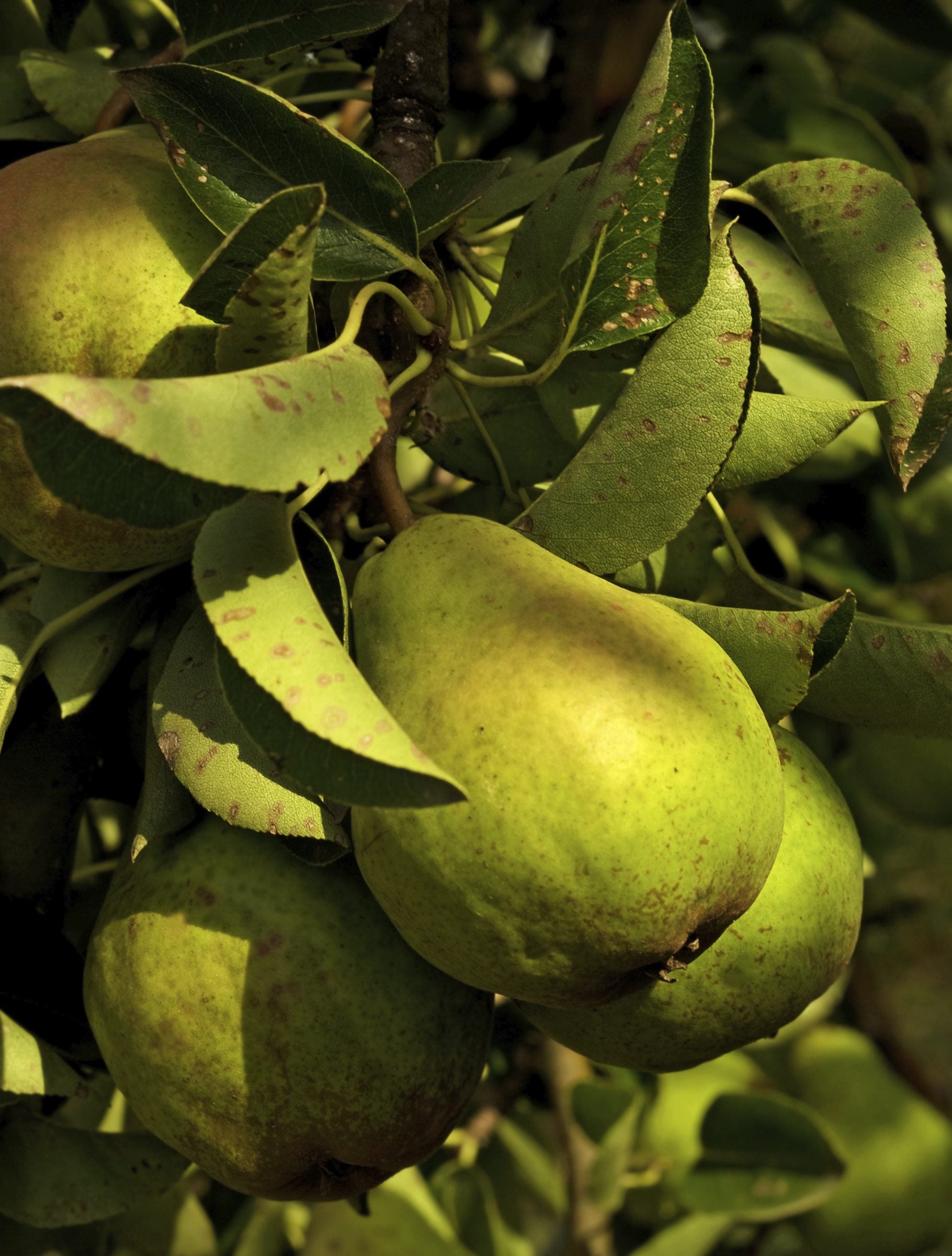What Is Self-Fruitful In Gardens: Learn About Self-Pollinating Fruit


Nearly all fruit trees require pollination in the form of either cross-pollination or self-pollination in order to produce fruit. Understanding the difference between the two very different processes will help you plan before you plant fruit trees in your garden. If you have space for only one fruit tree, a cross-pollinating, self-fruitful tree is the answer.
How Does Self-Pollination of Fruit Trees Work?
Most fruit trees must be cross-pollinated, which requires at least one tree of a different variety located within 50 feet (15 m.). Pollination occurs when bees, insects, or birds transfer pollen from the male part (anther) of a blossom on one tree to the female part of the blossom (stigma) on another tree. Trees that require a cross-pollinator include all types of apples and most sweet cherries, as well as some types of plums and some pears. If you're wondering about what is self-fruitful or self-pollinating and how the process of self-pollination works, self-fruitful trees are pollinated by pollen from another flower on the same fruit tree or, in some cases, by pollen from the same flower. Pollinators such as bees, moths, butterflies, or other insects are usually responsible, but sometimes fruit trees are pollinated by wind, rain, or birds. Self-pollinating fruit trees include most types of sour cherries and most nectarines, as well as nearly all peaches and apricots. Pears are a self-pollinating fruit, but if cross-pollination is available, it may result in larger yields. Similarly, about half of plum varieties are self-fruitful. Unless you are sure about your variety of plum tree, having a second tree in close proximity will ensure pollination occurs. Most citrus trees are self-fruitful, but cross-pollination often results in a larger harvest. Since the answer to what trees are self-fruitful isn't cut and dried, it's always a good idea to purchase fruit trees from a knowledgeable grower before you invest money in expensive fruit trees. Don't hesitate to ask plenty of questions before you buy.
Sign up for the Gardening Know How newsletter today and receive a free copy of our e-book "How to Grow Delicious Tomatoes".

A Credentialed Garden Writer, Mary H. Dyer was with Gardening Know How in the very beginning, publishing articles as early as 2007.